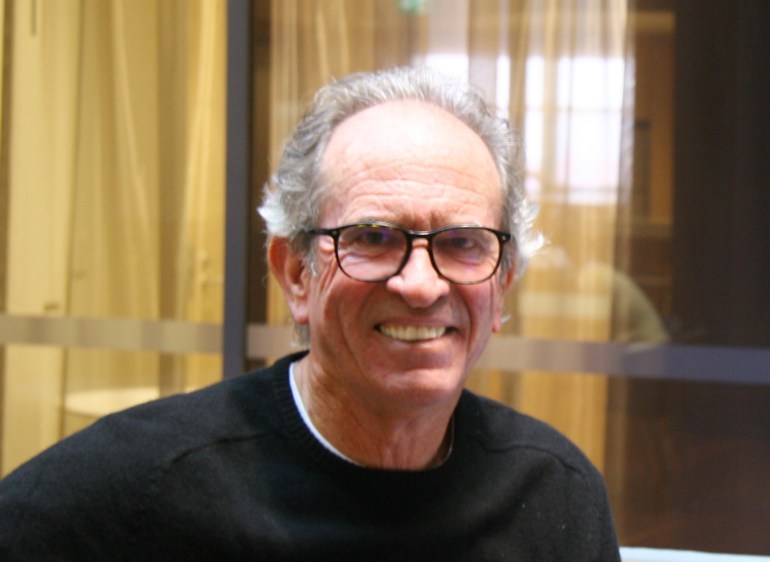John Edwards.
A marked drop in the ratings for many Australian drama series and miniseries this year may prompt the commercial networks to press for the abolition of the drama quota.
That’s according to Roadshow Rough Diamond’s John Edwards, who contends it is vital to retain the quota as the foundation for drama production.
With a few notable exceptions including Easy Tiger Productions’ second season of Doctor, Doctor, viewing figures for local dramas have been trending down.
The broadcasters called for the scrapping of the children’s quotas in their submissions to the House of Representatives’ inquiry into the growth and sustainability of the film and TV industry, and many producers fear the drama quota is also under threat.
Elaborating on his remarks at the Make it Australian campaign rally in Sydney last Monday night, Edwards tells IF, “The quota has served us very well. Drama is struggling a bit at the moment.
“When you are not going particularly well it is easy for the networks to talk things down. My worry is the minute it is removed everything else will shift and change.
“I fear we will go through that now but there will be a hit, it will turn around and networks will want to do drama again.”
The veteran producer predicts a re-run of the situation in 1989 when his Police Rescue was the only original hit drama at the time (it ran on the ABC until 1996) apart from the soaps, prompting more than a dozen local series within two years.
“If the networks are forced to make the quota, then things will happen eventually,” said Edwards, who is producing the Romper Stomper series for Stan with his son Dan Edwards and Geoffrey Wright.
Another challenge for producers is the escalation in drama production budgets, rising from $550,000 per hour for Edwards’ Love My Way, which launched in 2004, to the current average of more than $1.2 million an hour. By contrast, the first series of Offspring cost $704,000 an hour in 2010.
Big jumps in fees for actors and writers have driven up budgets while producers and directors have had modest increases, he said. Among other factors, he believes, are that some producers no longer shoot as efficiently as in past years, and the costs of completion bonds and funding the TV Producer Offset. Screen Australia’s funding of miniseries also had an inflationary effect.
Edwards re-stated his compelling arguments about the multiplier effect of state government funding.
In eight years he produced numerous series including Rush, Tangle, Howzat! Kerry Packer’s War, Beaconsfield, Offspring, Party Tricks and Gallipoli in Victoria.
The combined budgets added up to $240 million. Film Victoria contributed an average of about $180,000 for each of those years, of which the state government recouped one-third in payroll tax. So the average net cost to Film Victoria was a bit under $100,000 a year.
“If there is a quota, series have to be made somewhere and it does not take much public funds to make it happen,” he concluded.


